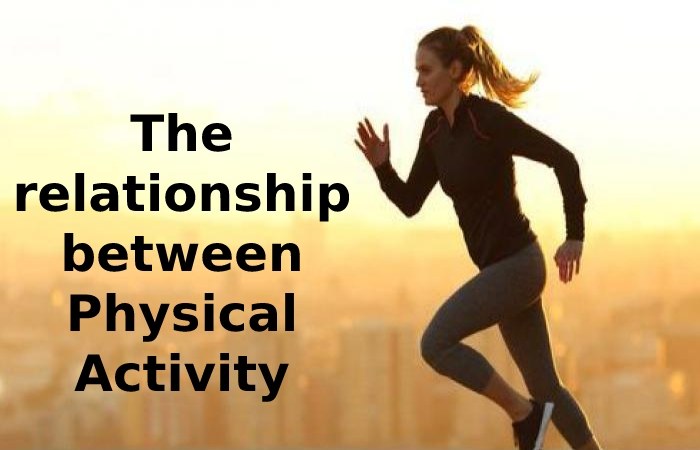Exercise Affects Sleep – We all know a common truth: it is good to go in for sports, but not to go in is terrible. But not everyone knows that many sleep problems solve with exercise. Which ones, we will tell in this article.
We all know that regular physical activity is good for our health and Exercise Affects Sleep. But did you identify that exercising can improve the quality and duration of our sleep? Children and adults feel tired in the evening after a day of intense physical activity, and thus they fall asleep faster and sleep longer.
An increase in the duration of sleep will allow you to restore strength, and after that, you will be more successful in physical and mental work.
The Relationship Between Physical Activity and Sleep
The sleep of two groups of people was analyzed using the activity tracker. The first group included people who were actively engaged in physical exercises and fitness during the day, and the second group had people who did not perform exercises.
Results
- Go to bed early. People who actively exercised throughout the day felt more tired and fell asleep an average of 36 minutes earlier (23:40 vs. 00:16).
- Increased sleep duration. Those who actively exercise slept an average of 14 minutes longer (6 hours 48 minutes vs. 7 hours 2 minutes).
- The number of attentions in the middle of the night decreased. In addition to the fact that physical activity increases sleep duration, Exercise Affects Sleep and also allows people to sleep more soundly.
How to Maximize the Benefits of Exercise?
A regular exercise schedule is essential. Jogging or doing any other sport for 30 minutes three times a week will have a more beneficial effect on your sleep quality than doing one and a half hours once a week.
Not all exercises are created equal. For example, endurance training improves sleep, including running, walking, swimming, or cycling. But, of course, you need to do it regularly and with moderate intensity.
Do not forget about the training time—morning and afternoon refer over the evening. If you love extreme sports or compete with someone, you are most likely provided with an adrenaline rush, and after that, it will be much more difficult to fall asleep.
As we can see, exercise (Exercise Affects Sleep) has a beneficial effect on our sleep, but it is worth remembering that lack of sleep can negate all our efforts. Lack of sleep indicates a lack of motivation to exercise. And even if – despite fatigue and sleepiness – you still force yourself to work out, you are unlikely to have a sensible and productive workout.
How to get to sleep?
Exercise Affects Sleep: If you think logically, you might assume that it is not good to exercise before sleeping. That might not be the best practice, and “it is true that for most people it is not a good idea to exercise right before going to bed,” Graham said. “But surprisingly, most studies have stated that exercise in the early afternoon does not affect sleep quality.”
Instead, Graham advised not to exercise too vigorously right before bed for best results. It would help if you aimed to train for about 20 minutes. And also, depending on how much you need to warm up your body, at least three hours before sleep. As your body temperature cools, it acts as an additional signal for the body to enter sleep mode. On the contrary, raising your core temperature just before bed is likely to increase the time. It also takes to fall asleep and interfere with sleep quality.


